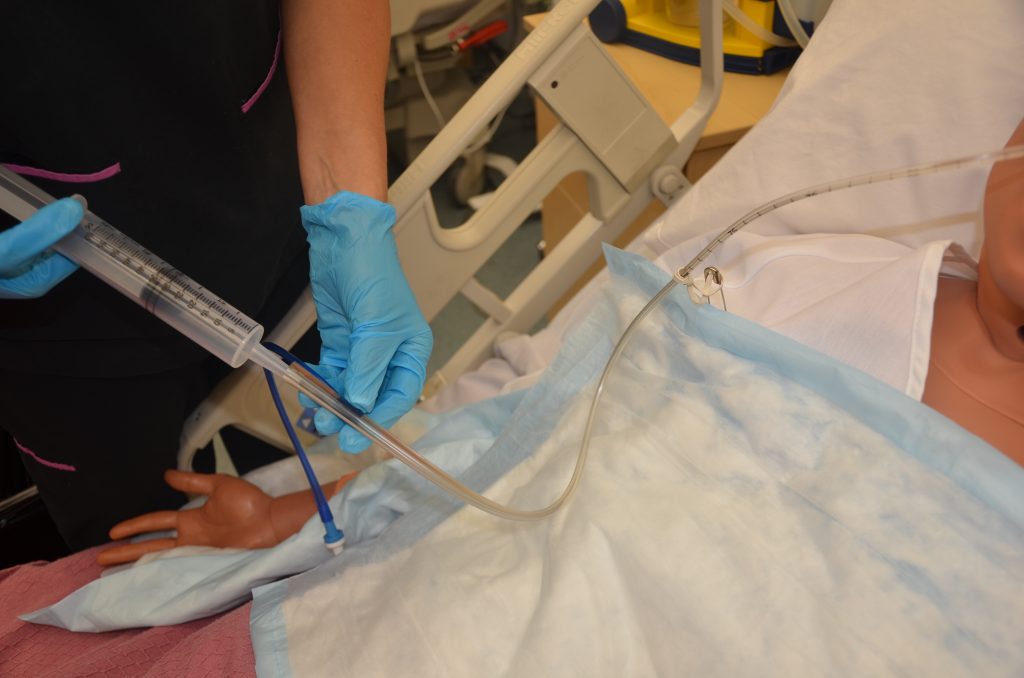stroke feeding tube life expectancy
Patients who receive a percutaneous feeding tube have a 30-day mortality risk of 1824 and a 1-year mortality risk of 506369In a well-designed prospective study Callahan et al5followed 150 patients with new feeding tubes and varied diagnoses and found 30-day mortality of 22 and 1-year mortality of 50. In these cases a feeding tube can be inserted to provide 100 percent of nutritional needs.

Tracheostomy And Feeding Tubes Tracheostomy Education
Mortality was near 502 Although feeding tubes have been advocated to prolong life limit aspiration pneumonia improve function and maintain comfort studies do not document these.

. 3 Posterior circulation stroke is placing the patient at particular risk to develop dysphagia especially if pons and medulla are involved. Hang the bag on a hook or pole about 18 inches above the stomach. The reason for this is to spare patients with a grave.
Of stroke patients with swallowing difficulties 45 to 68 are dead within 6 months. Within the first months after a stroke certain parts of the damaged brain tissue may heal themselves. The reported incidences for dysphagia in the acute phase of stroke range from 30 to 80.
When it comes to making a decision about placing a permanent feeding tube there are several important reasons why it is not wise to wait too long. Tracheostomy in the Nonventilated Stroke Patient. It is also clear that 1 age is a significant factor and 2 sex affects survival more amongst the less severely disabled mRS0-2 than amongst the more severely disabled mRS3-5.
There is a high incidence of infections associated with the long-term use of temporary feeding tubes. While food and water are essential to life there is considerable controversy in the medical literature as to how much artificial nutrition and hydration help at the time of death. The use of a small tube called a catheter run through a artery in a arm or leg and into the brain tissue through the leakage.
24 How such patients would fare without any form of tube feedings is not known. Another option for tube feeding involves the nasogastric. In some instances such as a terminal disease the patient will refuse to have a tube placed for feeding.
Use alcohol-based hand sanitizer or soap and water before you work with the tube. 12 Surgical feeding tubes can provide nutritional support in patients with severe dysphagia but the decision of if and when to place a feeding. Of stroke patients with swallowing difficulties 45 to 68 are dead within 6 months62223A recent study reported a survival advantage for stroke patients randomized to feedings by the.
Integrity and prolongation of life. Learn About SymptomsYou Need To Know 18. Up to 70 of acute stroke patients demonstrate dysphagia.
6 22 23 A recent study reported a survival advantage for stroke patients randomized to feedings by the PEG route versus nasogastric route. It has a small. Patients should not be subjected to a PEG unless they are expected to require feeding for greater than 30 days.
Ad Visit The Official Physician Site Learn About An Acute Ischemic Stroke Treatment Option. Some conditions prevent a person from being able to take adequate nutrition by mouth. All patients survived the initial 21 days of treatment by mechanical ventilation and the survival times reported.
For example Grandma had a major stroke. Use the plunger on the syringe to gently push any remaining formula into the tube. In general most patients did not survive longer than 1 to 3 years although some patients did exhibit a longer survival time.
Of course you may still see improvements over time but the majority of progress is in the first year. As can be seen the life expectancy of stroke patients is similar to that of the GP for persons with mRS0 and decreases as severity increases. Hold the syringe up high so the formula flows into the tube.
For example Grandma had a major stroke. Make sure your hands are dry. Thats not true because my dad had severe stroke at 70 at the cerebellum and he couldnt eat for 3 months they had to feed tube him he couldnt speak very well slurring his words also couldnt swallow no balanced and was paralyzed on his left side and ended up in a wheel chair unfortunately however he did last for a little over 3 years if they are determine they can.
TammieLee May 2014. This is one of the. Those with a life expectancy of less than 30 days or who will only require short-term feeding should be fed via a nose or nasogastric feeding tube.
A person can survive a life time on a feeding tube death wont come from a feeding tube but from illness or comorbidities that required a feeding tube in the first place. All but about a quarter of strokes happen to people over the age of 65. PEG tubes are commonly inserted in patients with acute stroke and persistent dysphagia.
Because of the way the temporary feeding tubes are positioned food particles may. Discover the major causes of strokes along with other facts now. 8 Both types of tube are inserted through the abdominal wall into the digestive tract.
The PEG tube rests in the stomach itself while the PGJ tube is advanced to the jejunum with the theoretical advantage of decreasing the risk of aspiration. Ad Top 20 Common Stroke SYMPTOMS. For the 216 remaining patients life expectancy without the feeding tube was a median of 12 months and it increased to an anticipated life expectancy of a median of.
However little is known about the disability and long-term survival in patients with PEG tubes. Most of the progress in stroke recovery takes place during the first 6 to 12 months after the event. 12 The validity of various proposed predictors remains limited.
Irene Ying a palliative-care physician at Sunnybrook Health Sciences Centre. Approximately half of these patients recover sufficient swallowing ability to meet their caloric needs while the other half will have long-term swallowing dysfunction. Nearly 800000 people each year suffer from a stroke.
Benefits of feeding tubes. If you are using a gravity bag connect the bag to the tube and add the formula to the bag. Nutrition and hydration are vital to life.
What is it a Massive Stroke and what is the life expectancy after one. To evaluate the outcomes of patients with acute stroke who receive permanent feeding through percutaneous endoscopic gastrostomy PEG tubes. A feeding tube may allow life to be prolonged for decades in an otherwise healthy individual.

Intubation Means Life Support Saskhealthauthority

Feeding Tube For Infants Conditions Procedure And Risks
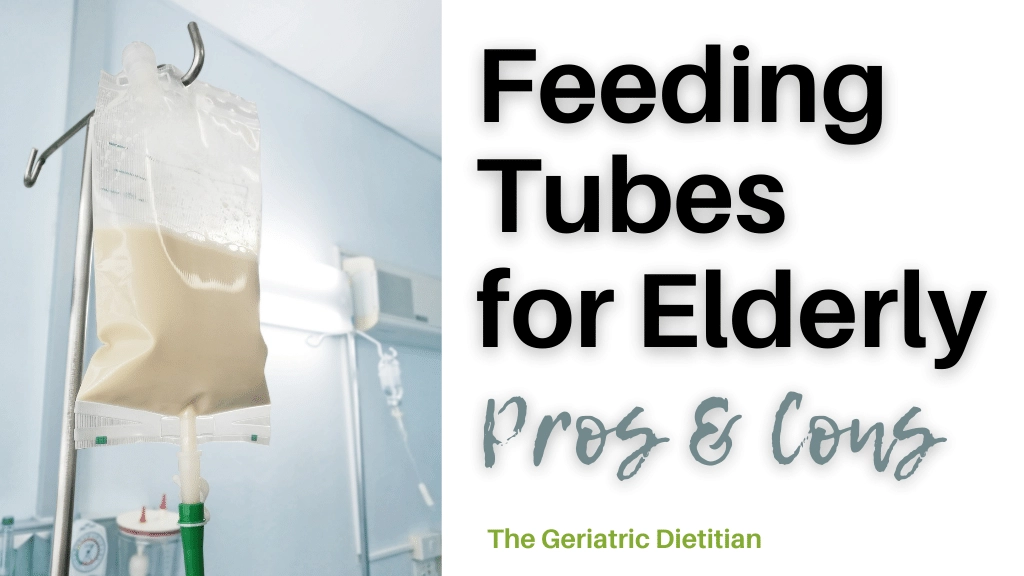
Feeding Tubes For Elderly Pros And Cons The Geriatric Dietitian
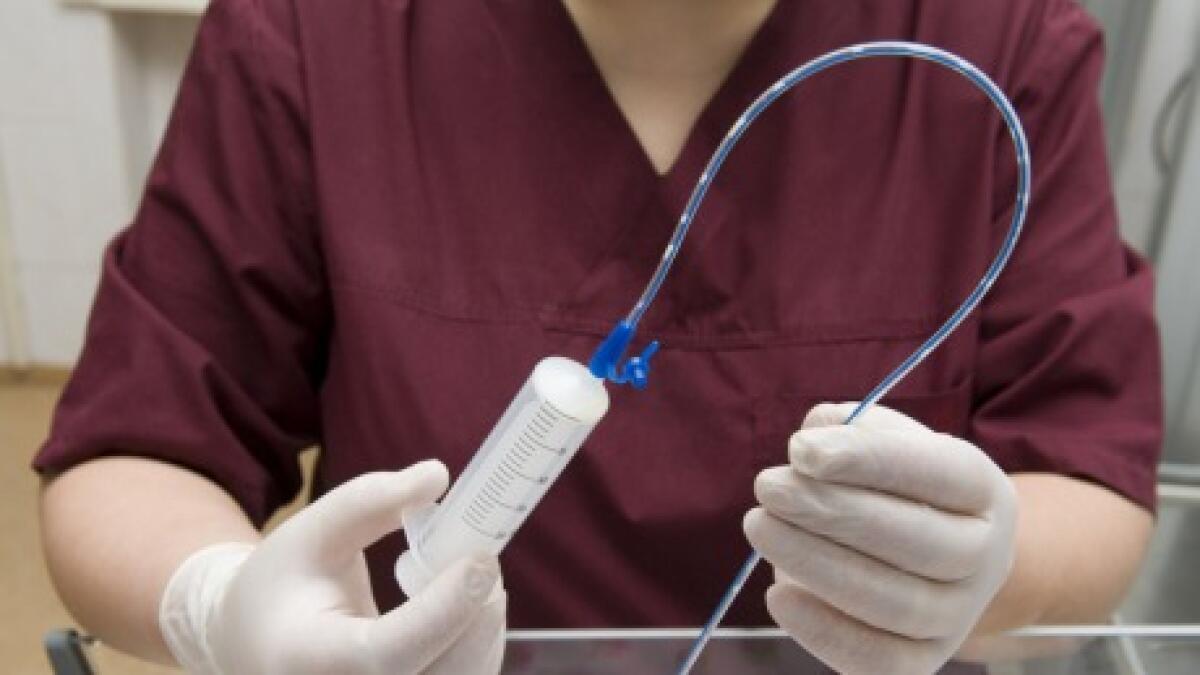
Tube Feeding How It S Done What To Expect

Feeding Tube For Infants Conditions Procedure And Risks

The Big Three Cpr Mechanical Ventilation And Feeding Tubes

The Cost Of Dying Simple Act Of Feeding Poses Painful Choices The Mercury News

What S Extraordinary Catholic Wisdom On End Of Life Care America Magazine

Establishing Goals Of Care For Patients With Stroke And Feeding Problems An Interdisciplinary Trigger Based Continuous Quality Improvement Project Journal Of Pain And Symptom Management

Feeding Tubes Are Something More People Should Know About Improvecarenow

Here S Why More Clinicians Are Recommending Against Tube Feeding In Advanced Dementia Being Patient
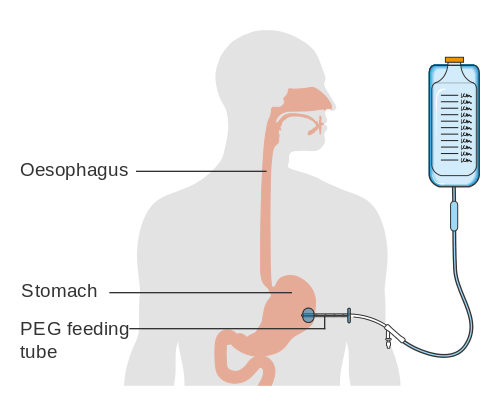
Tracheostomy And Feeding Tubes Tracheostomy Education

Medical And Ethical Aspects Of Long Term Enteral Tube Feeding Mayo Clinic Proceedings

Gastrostomy An Overview Sciencedirect Topics
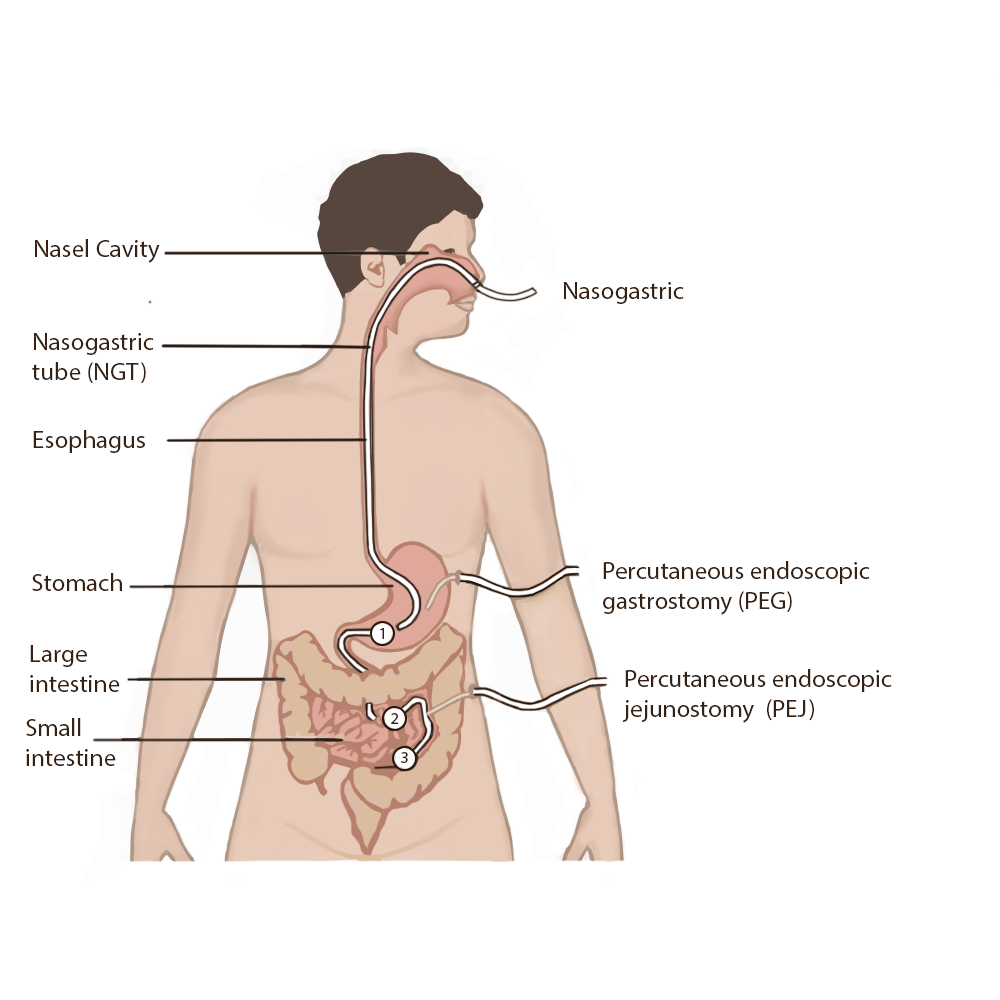
17 2 Basic Concepts Of Enteral Tubes Nursing Skills

The Treat Eezi Bed Sore Pad Revolutionising Pressure Wound Care Bed Sores Wound Care Bed

.jpg?n=9158)
